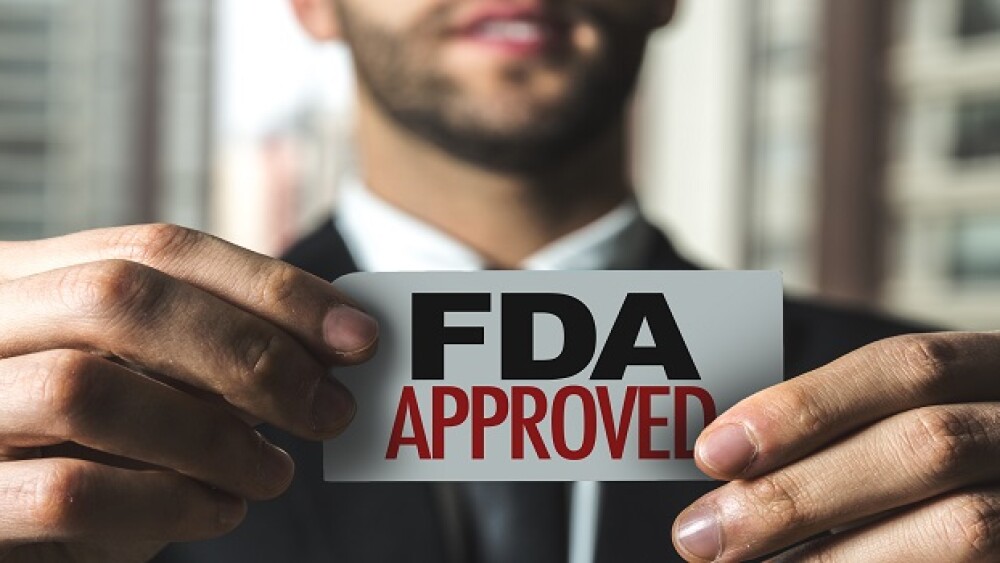The third time is the charm for AstraZeneca and its hyperkalemia treatment that has been dogged by manufacturing issues. After multiple rejections, the U.S. Food and Drug Administration finally gave its approval for the treatment.
FDA approves hyperkalemia treatment.
The third time is the charm for AstraZeneca and its hyperkalemia treatment that has been dogged by manufacturing issues. After multiple rejections, the U.S. Food and Drug Administration (FDA) finally gave its approval for the treatment that was the primary focus of the 2015 $2.7 billion acquisition of ZS Pharma.
The FDA approved Lokelma, (sodium zirconium cyclosilicate), formerly ZS-9, for the
hyperkalemia treatment in adults. A metabolic disorder, Hyperkalemia is a life-threatening illness caused by the inability of the kidneys to excrete potassium, which can lead to problems with the rhythm of the heart. It can be caused by chronic kidney disease and chronic heart failure. Hyperkalemia can be also be caused by some medications, including ACE inhibitor blood pressure medicines and beta-blocker blood pressure medications. Some antibiotics can also cause hyperkalemia. Hyperkalemia occurs in 23 percent to 47 percent of patients with chronic kidney disease and/or heart failure. There are an estimated 200 million and 38 million people, respectively, living with each condition worldwide, AstraZeneca said.
More On Hyperkalemia Treatment
AstraZeneca Chief Medical Officer Sean Bohen said the approval of Lokelma for
hyperkalemia treatment allows the company to address a “long-standing clinical need” for a new medication that provides “rapid and sustained treatment” for adults with hyperkalemia.
“The consequences of hyperkalemia can be very serious and it’s reassuring for treating physicians that Lokelma has demonstrated lowering of potassium levels in patients with chronic kidney disease, heart failure, diabetes, and those taking RAAS inhibitors,” Bohen said in a statement.
When AstraZeneca acquired ZS Pharma in 2015 the company anticipated a quick approval for ZS-9 in 2016. However, the regulatory agency sent a Complete Response Letter to the company over manufacturing concerns. That CRL did not raise any concerns over clinical efficacy, but related to observations from a pre-approval manufacturing inspection, the company said in 2016. ZS-9 was again rejected by the FDA in 2017, again over manufacturing concerns.
The European Medicines Agency granted marketing authorization for Lokelma in the European Union in March of this year.
With regulatory approval in the U.S. and Europe, AstraZeneca is banking on Lokelma to take a chunk of the multi-billion hyperkalemia market share. The company hopes to challenge Vifor Pharma Group’s (formerly Relypsa) FDA-approved Veltassa (patiromer). Veltassa was initially approved by the FDA in 2015 and has since earned supplemental approvals for the
hyperkalemia treatment.
Lokelma is a highly-selective, oral potassium-removing agent. During clinical trials Lokelma allowed 92 percent of dosed patients to achieve normal potassium levels within 48 hours from baseline. Some patients showed reductions of potassium within two hours. The
hyperkalemia treatment effect was maintained for up to 12 months, AstraZeneca said.





